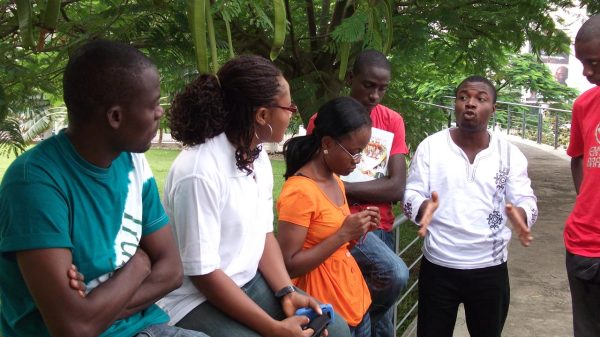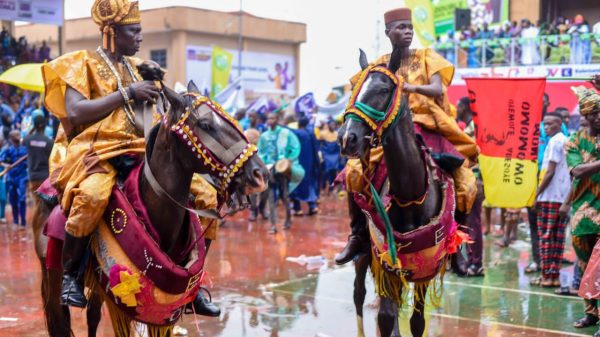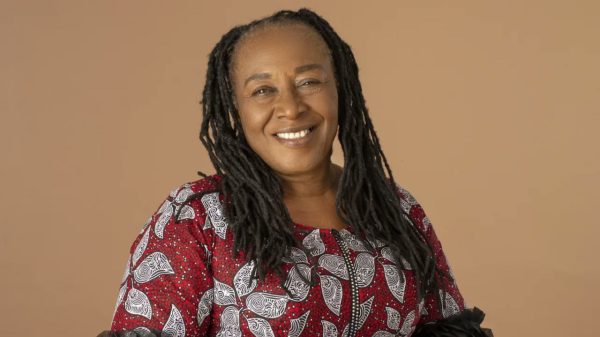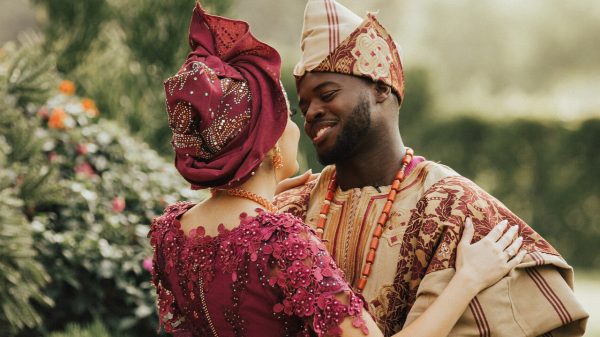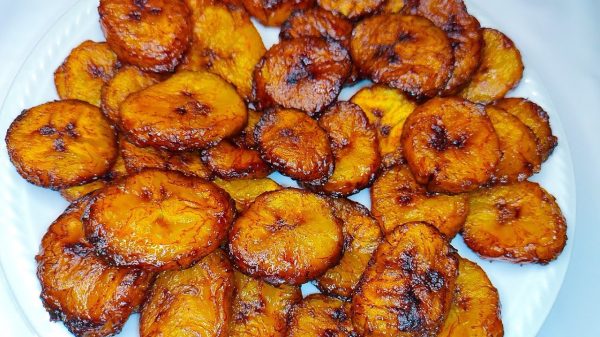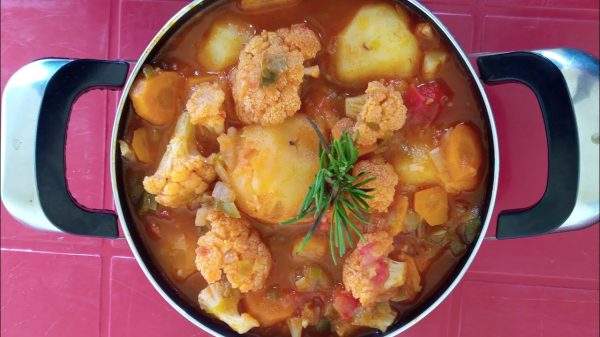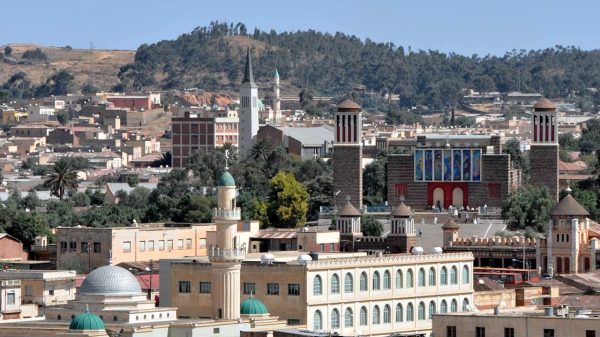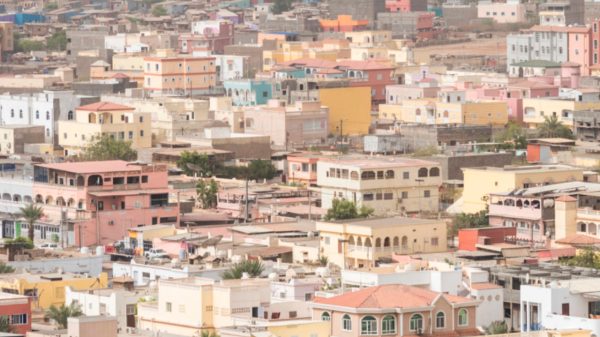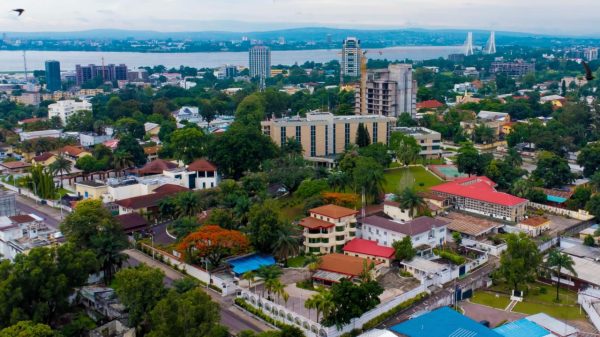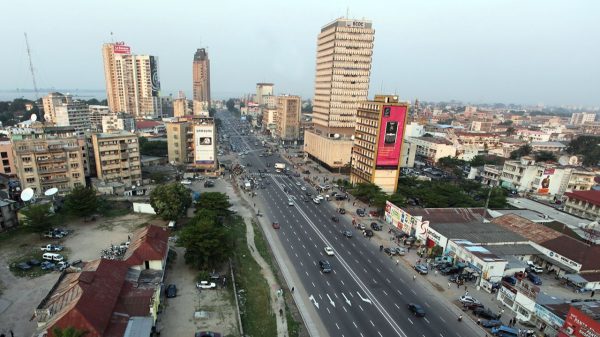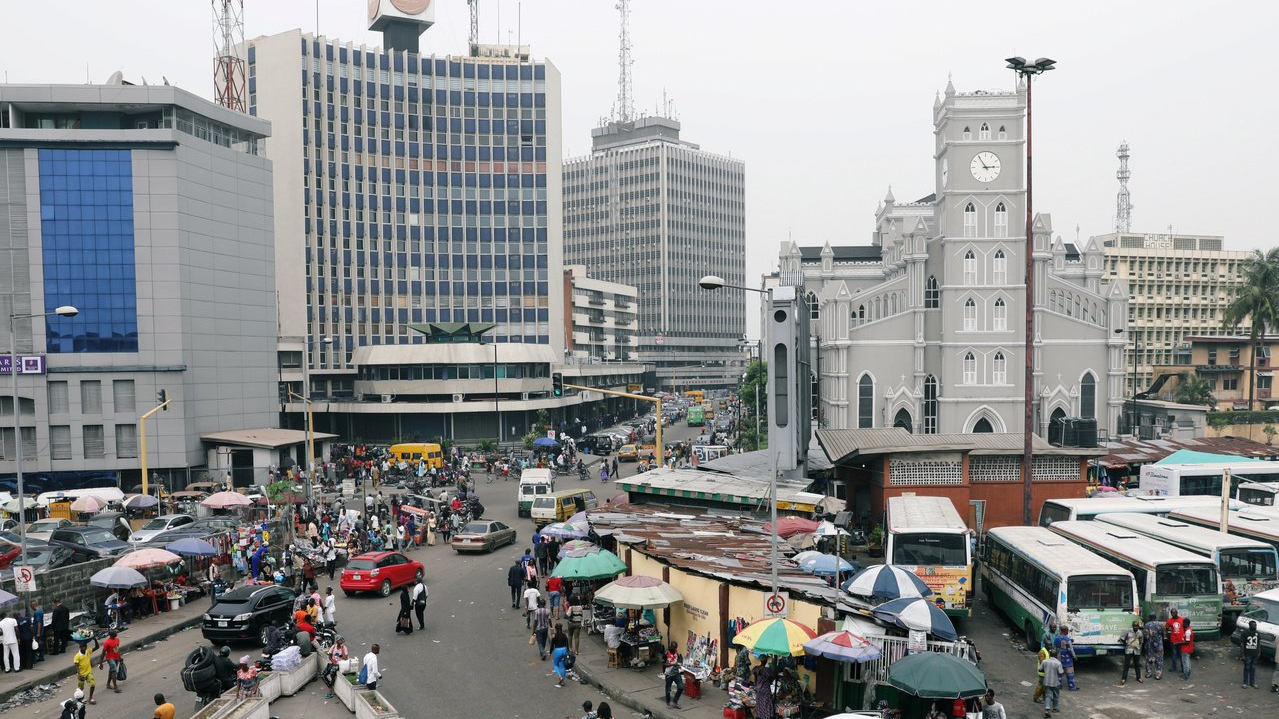Coming into Nigeria as a foreigner for a first-time visitor, the initial immersion into this rich environment can be both exhilarating and potentially disorienting.
While the prospect of exploring Nigeria is filled with excitement and anticipation, being prepared for some of the initial cultural differences can significantly enhance the travel experience, transforming potential surprises into opportunities for deeper understanding and appreciation.
To give you a heads up, we have compiled ten things to expect for the first time, particularly for those arriving from Western cultures.
1. Intimacy
In Nigeria, personal space and greetings differ from Western norms, reflecting a communal culture with more physical closeness. Family and friends often engage in touch, and even strangers exchange warm greetings. A handshake, often with a smile, is customary, and men may place a hand on the other’s shoulder. Among close acquaintances, hugs and kisses are common. Greetings are meaningful and unhurried, with inquiries about well-being seen as essential. Rushing is considered impolite, emphasizing relationship-building over efficiency. Eye contact carries cultural nuances—while direct eye contact is valued in the West, prolonged stares in Nigeria can feel intrusive. Instead, brief glances at the forehead or shoulders show respect, particularly toward elders, reinforcing the society’s hierarchical nature.
2. “Noise”
First-time visitors to Nigeria may be struck by the distinct auditory environment in bustling urban centers, where communication is notably expressive. In southern regions, speakers tend to be direct and often raise their voices during passionate discussions, reflecting deep engagement with topics. This contrasts with the more subdued tone common in many Western settings. Beyond volume, cultural nuances appear in the style of interactions. Among the Yoruba, humor is interwoven with proverbs, sayings, and songs, enriching conversations with a rich tradition of storytelling and wit. Although some may label the soundscape as “noisy,” Nigerians are naturally friendly, initiating warm, polite inquiries about well-being. These differences highlight diverse norms in acceptable expressiveness. Their vibrant voices and heartfelt exchanges invite cultural understanding.
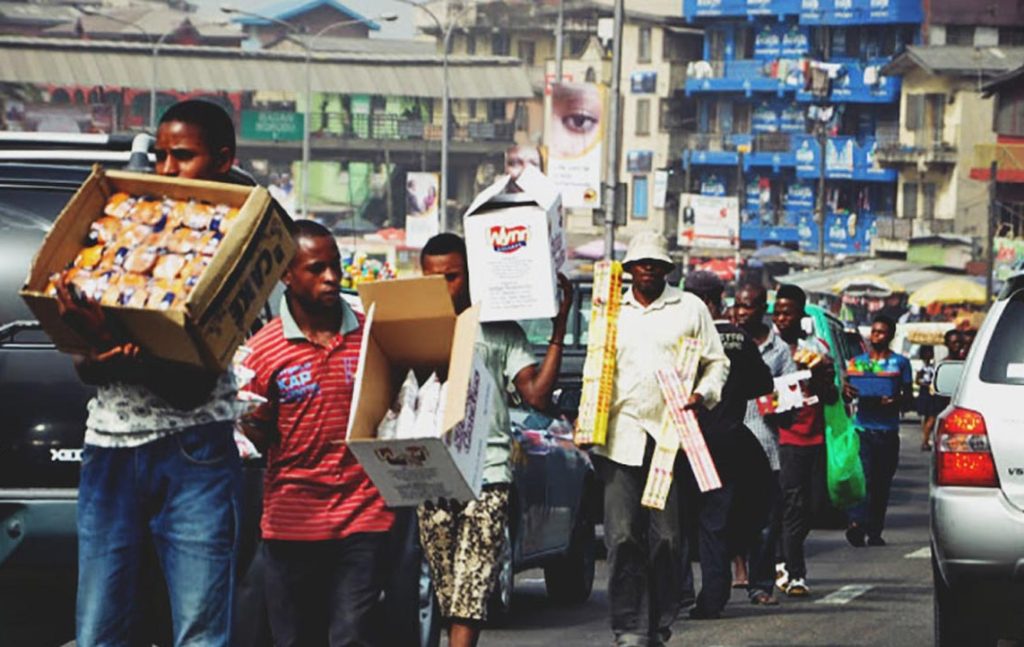
3. Transportation and Driving Habits
Transportation in Nigeria offers newcomers a variety of unique experiences. In cities like Ibadan, taxis can be surprisingly affordable, though the practice of shared rides—for instance, the “five-passenger Micra” with two individuals riding in the front—might be unexpected. For shorter trips within urban areas, motorcycle taxis (Okadas) and tricycles (Keke Napep) serve as cost-effective options. Driving conditions differ markedly from Western norms, with poor road quality and aggressive driving leading to heavy congestion. Local motorists, sometimes labeled “mad drivers,” navigate risks including carjackings, making it wise to keep doors locked and windows closed. Ride-sharing services like Uber and Bolt are available, yet buses and trains still raise safety concerns. Additionally, police roadblocks and occasional informal payments are common, and Nigeria practices left-hand wheel drive. Overall, travelers should expect a dynamic transit system.
4. African Time
Time and scheduling in Nigeria follow a distinctive rhythm. Life moves at a relaxed pace, with less emphasis on strict timetables. This is evident in social events starting later than scheduled and business meetings being delayed or rescheduled. Known as “African time,” this flexible approach may surprise visitors accustomed to punctuality. Nevertheless, it is expected that guests remain punctual for appointments out of courtesy for their hosts, even if hosts themselves operate on a looser schedule. This difference in time perception highlights a cultural value that favors social interaction and adaptability over rigid clock-based planning. Embracing this rhythm requires patience and a willingness to adjust one’s own expectations. This understanding of time offers unique insight into Nigerian culture and lifestyle.
5. Customer Service Expectations
Although in urban areas such practices are being clamped down, visitors may still encounter roadside vendors selling items from snacks to unexpected goods like pets, mirrors, and paintings. The experience of dealing with businesses and service providers in Nigeria often differs from Western expectations. In informal settings like small shops and local markets, customer service is less proactive. Shopkeepers may open later, and the idea that “the customer is always right” is less emphasized. Buyers are expected to initiate interactions. In contrast, markets are vibrant hubs where haggling is common and anticipated. Negotiation is routine, often allowing buyers to lower the initial asking price. Once a price is agreed upon, it is considered impolite to back out without purchasing. Conversely, certain products, such as bread, have fixed prices and do not invite bargaining. These nuances highlight the importance of understanding local customs. Visitors should adapt and respect these cultural differences.

6. The Boldness of Nigerian Cuisine
Nigerian cuisine is celebrated for its rich and bold flavors, with generous spices such as chili peppers adding intense heat that can be immediately striking for unaccustomed visitors. Traditional dishes rely on staples like yams, plantains, rice, beans, and cassava, while palm oil—often called red oil—infuses meals with a distinctive taste and color. A national favorite, Jollof rice, perfectly illustrates the country’s flavorful, often spicy culinary style. Additionally, hearty soups and stews like egusi and okra are commonly served with fufu or other starchy sides. Street fare, including suya and puff-puff, also holds a special place in the local food culture. Dining etiquette typically involves eating with the right hand, especially with dishes such as fufu and soups. These traditions offer a vibrant culinary experience.
7. English and Local Tongues
Although English is the official language of Nigeria and widely used in education, business, and government, the country has a remarkably diverse linguistic landscape. Over 500 languages and dialects are spoken across Nigeria, reflecting its rich ethnic tapestry. Major indigenous languages include Hausa, Igbo, and Yoruba, each dominant in different regions. Nigerian Pidgin English, a widely spoken creole, serves as a lingua franca bridging various groups. While English is common in urban areas and among the educated, it may be less prevalent in rural regions where indigenous tongues flourish. Consequently, visitors relying on English will still encounter many local languages in daily life. Learning a few phrases in indigenous languages or Nigerian Pidgin can be a respectful gesture that enhances interactions with the local community, thereby deepening mutual cultural understanding.
8. Hierarchy and Formality
Hierarchical values are central to Nigerian society, where respect is based on age and social standing. Elders are deeply revered for their wisdom and life experience, a sentiment reflected in social customs such as greeting the eldest first and serving them before others during meals. In interactions with seniors, formal titles like “Sir” or “Madam” are customary. Among the Yoruba, younger individuals may kneel when greeting elders, and men sometimes prostrate as a sign of profound respect. Maintaining formality in initial encounters is advised, with people addressed by title and surname until invited to use first names. Direct eye contact with elders may be seen as disrespectful, so a lowered gaze or slight bow is preferred. These practices underscore the cultural emphasis on honouring age and authority, which plays a pivotal role in shaping social interactions and relationships throughout Nigeria.
9. Religious Expressions Everywhere
Religion permeates Nigerian society in a vibrant and ever-present manner. From the streets to the workplace, individuals frequently incorporate expressions of faith into their daily routines. It is common to overhear animated discussions about spiritual beliefs, and many people begin their meetings with heartfelt prayers. Business establishments proudly display religious slogans and inscriptions on their storefronts—such as “God’s Time is the Best Salon”—reflecting the deep-rooted integration of faith in all aspects of life. In Nigeria, religious observance is not confined to formal worship; it spills over into social interactions and public life, creating an environment where faith is both celebrated and visibly expressed, uniting communities and offering solace and guidance.
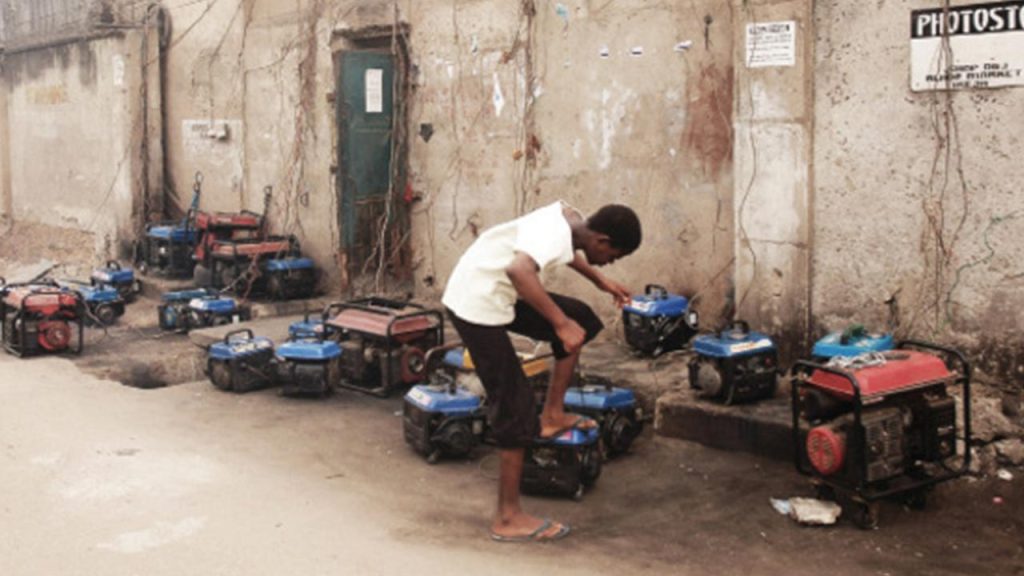
10. Unpredictable Electricity (NEPA Issues)
In Nigeria, unreliable electricity is a familiar challenge that affects daily life. Frequent power outages disrupt both homes and businesses, making generators a common necessity. The national grid often experiences sudden failures, leaving residents in darkness until power is restored. When the lights go off and then suddenly come back on, it is not unusual to hear someone exclaim, “Up NEPA!” This intermittent service can interrupt work and leisure, forcing many to adapt to an unpredictable routine and rely heavily on generator sets, so don’t be bugged out by the deafening sound of multiple generators. Despite these setbacks, Nigerians display remarkable resilience and creativity in managing power shortages. This constant battle with electricity issues has become an accepted part of everyday life, influencing everything from business operations to social gatherings.
Subscribe to our Newsletter
Stay updated with the latest trends in African Pop Culture!


